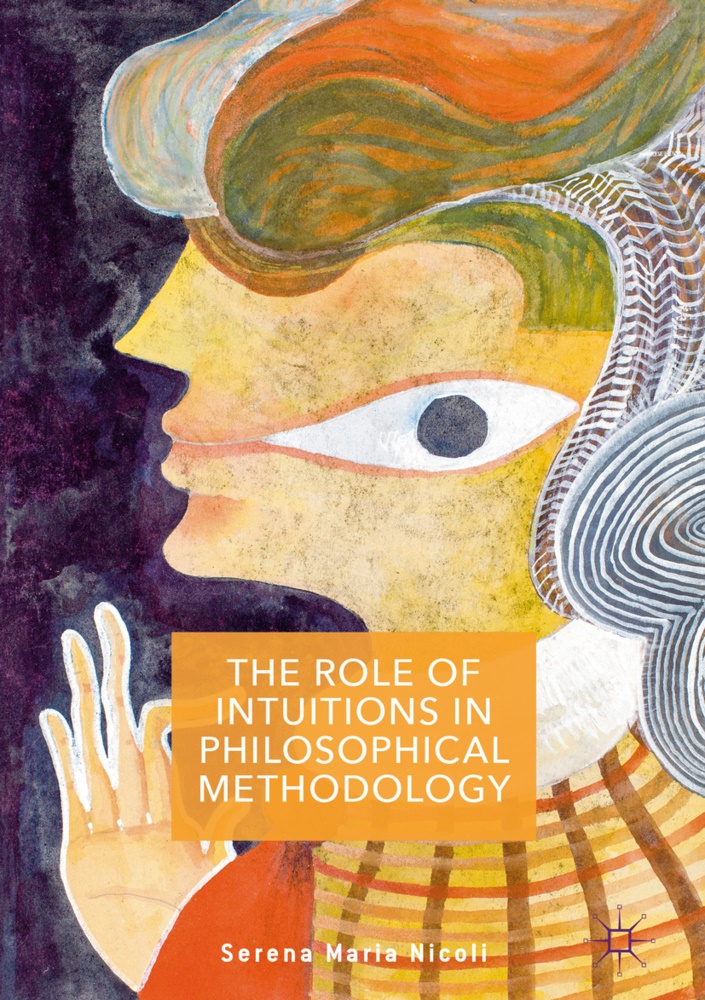Read more
Informationen zum Autor Serena Maria Nicoli gained her PhD at the University of Torino, Italy. She is a member of SIFA (Società Italiana di Filosofia Analitica) and FATo (Filosofia Analitica Torino). Her research interests concern metaphilosophy and the philosophy of language, and her previous work includes An Armchair for Many: The Role of Intuitions in Philosophical Methodology (2014). Klappentext This book focuses on the role of intuition in querying Socratic problems, the very nature of intuition itself, and whether it can be legitimately used to support or reject philosophical theses. The reader is introduced to questions connected to the use of intuition in philosophy through an analysis of two methods where the appeal to intuition is explicit: thought experiments and reflective equilibrium. In addition, the debate on the legitimacy of such an appeal is presented as connected to the discussion on the nature of the aims and results of philosophical inquiries. Finally, the main tenets and results of experimental philosophers are discussed, highlighting the methodological limits of such studies. Readers interested in the nature of intuition in philosophy will find this an invaluable and revealing resource. Zusammenfassung This book focuses on the role of intuition in querying Socratic problems, the very nature of intuition itself, and whether it can be legitimately used to support or reject philosophical theses. The reader is introduced to questions connected to the use of intuition in philosophy through an analysis of two methods where the appeal to intuition is explicit: thought experiments and reflective equilibrium. In addition, the debate on the legitimacy of such an appeal is presented as connected to the discussion on the nature of the aims and results of philosophical inquiries. Finally, the main tenets and results of experimental philosophers are discussed, highlighting the methodological limits of such studies. Readers interested in the nature of intuition in philosophy will find this an invaluable and revealing resource. Inhaltsverzeichnis Dedication.- Acknowledgements.- Part I: The Method of Philosophy. 1. Introduction to Part I.- 2. Thought Experiments.- 3. Reflective Equilibrium.- Part II: What is Philosophy?.- 4. Introduction to Part II and Part III.- 5. The Nature of the Philosophical Enterprise.- 6. The Nature of Intuitive Judgements.- Part III: Experimental Philosophy.- 7. Empirical Inquiries vs Armchair Investigations.- 8. Against Experimental Philosophy.- Selected Bibliography.- Index.- ...

